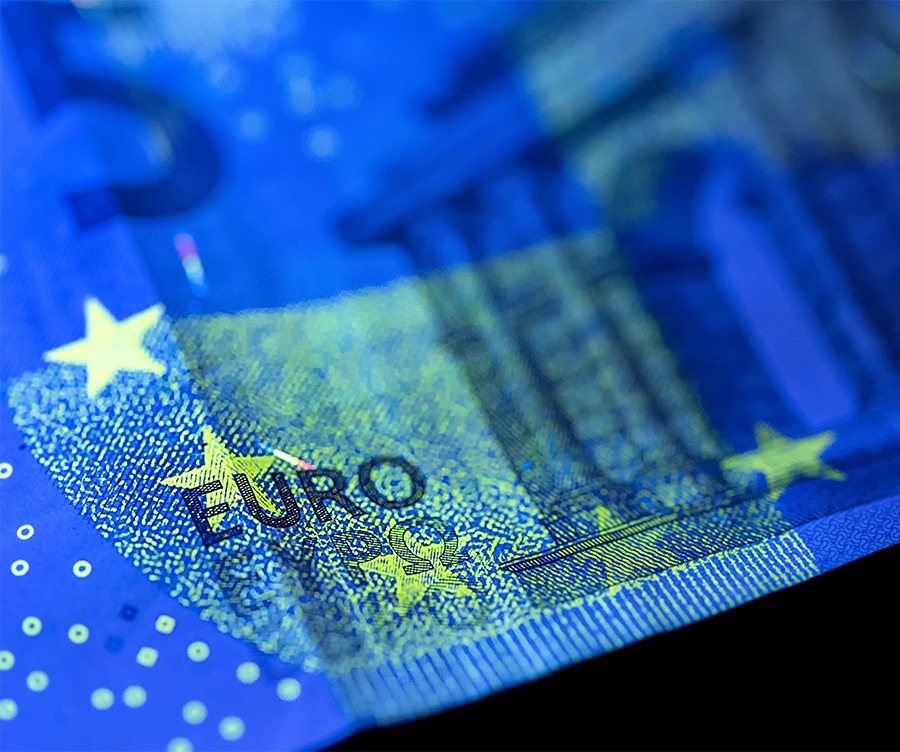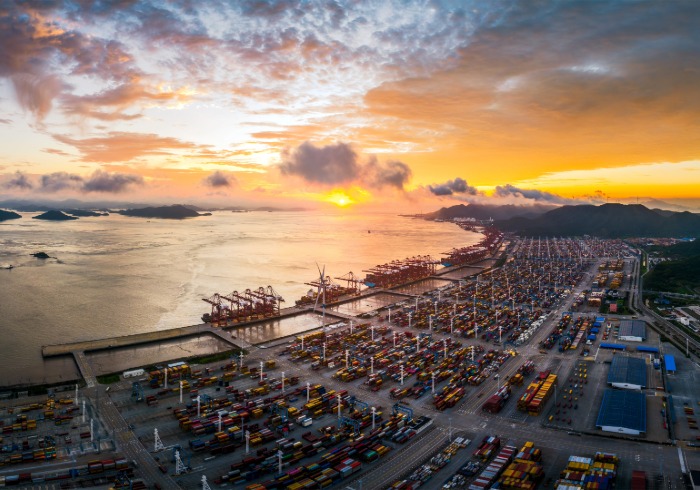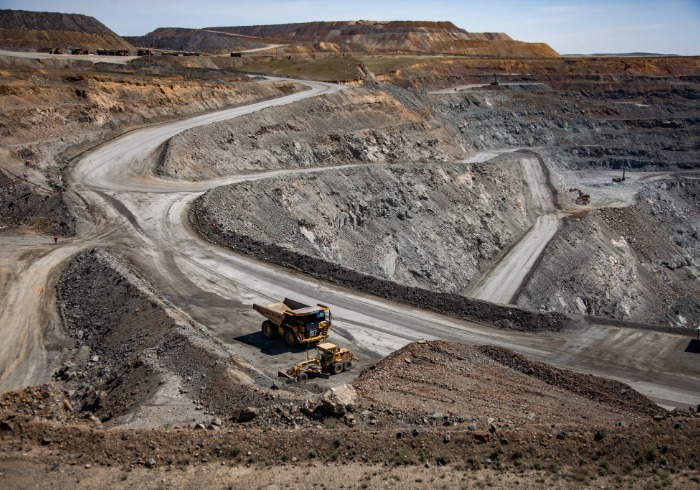The European Union’s proposed new scheme to impose levies on carbon polluting imports in a swathe of sectors risks “unfairly penalising” developing countries, a new report from the Centre for European Reform (CER) think tank says.
Last month, the European Parliament adopted a resolution backing the launch of a carbon border adjustment mechanism (CBAM) which will charge certain types of imports from “less climate-ambitious countries”.
The European Commission is now set to table legislation in the coming months, with the move seeking to prevent the risk of so-called “carbon leakage”.
As the EU works to go carbon neutral by 2050 as part of its broader Green Deal, the fear in Brussels is that heavy-polluting industries will simply move production to jurisdictions with laxer rules and undercut European firms through cheaper carbon-intensive imports.
“We must stop being naïve and impose the same carbon price on products, whether they are produced in or outside the EU, to ensure the most polluting sectors also take part in fighting climate change and innovate towards zero carbon. This is our best chance of remaining below the 1.5°C warming limit, whilst also pushing our trading partners to be equally ambitious in order to enter the EU market,” said Green MEP Yannick Jadot in a March press release.
Nevertheless, a newly released policy paper from the CER cautions that the EU must refrain from unduly disadvantaging developing countries’ exports into the bloc.
“If the mechanism applied to the imports of all goods currently covered by the EU’s Emissions Trading System (ETS), up to US$16bn of developing country exports to the EU could face an additional charge,” Sam Lowe, senior research fellow at CER, warns in a recent policy brief.
The research estimates 69 developing countries currently covered by EU unilateral trade or preferential schemes could be impacted. Less developed countries such as Afghanistan and Ethiopia are on the list, but so too are emerging market nations like India and Vietnam.
The multi-billion-dollar estimate is based on the assumption that CBAM is applied to the imports of all goods covered by the EU’s existing ETS, last updated in 2019.
While the design of the CBAM has yet to be decided, MEPs said last month in their resolution that the new scheme should apply to “all imports of products and commodities” currently subject to the EU’s ETS.
This means that non-EU producers in a vast number of industries such as iron, steel, cement and paper who import into the bloc could all be hit by increased levies under the proposed new CBAM.
The “right thing to do”
In the policy paper, CER’s Lowe outlines alternative recommendations to ensure developing countries aren’t unfairly hit by an EU carbon border adjustment mechanism.
In one move, the report says that exports from the 46 least developed countries (LDCs) covered by the EU’s ‘Everything But Arms’ scheme should be fully exempt from the CBAM.
“Such an approach would complement the EU’s existing unilateral preference scheme for LDCs, which offers duty and quota-free access to all goods imported from LDCs other than weapons – the ‘Everything But Arms’ scheme,” Lowe says.
“Excluding LDCs from the CBAM should not prove controversial with member states, and is consistent with existing EU approaches to trade, as well as the EU’s broader development objectives,” he adds.
CER’s report also recommends that exports from 23 lower-middle-income countries should be at least partially excluded from the CBAM charges.
“For lower-middle-income countries such as India, Indonesia and Nigeria, which are much bigger contributors to global carbon emissions, the EU faces a tougher decision. Here the EU should build its approach on its existing unilateral preference schemes covering select lower-middle-income countries,” Lowe says.
He points to the standard Generalised Scheme of Preferences (GSP), which fully or partially removes tariffs on two-thirds of tariff lines, as well as the GSP+, which offers additional trade benefits to economically vulnerable countries if they work to implement international conventions relating to issues such as human rights and the environment.
Lowe adds that in keeping with these two pre-existing initiatives, imported goods from the EU’s CBAM should only be given favourable treatment until they account for a “significant share” of the EU’s total imports.
“This would avoid penalising nascent industries in lower-middle-income countries, while ensuring that sectors that are already internationally competitive are treated as such,” he adds.
Lowe says that exemption developing countries from the CBAM would not be particularly costly for the EU in the context of its total imports.
“Of all the sectors covered, only imports of stone, plaster and cement from developing countries account for over 10% of total imports… However, for developing countries, additional CBAM-related costs could prove to be very damaging.”
Opposition ahead
European MEPs were at pains to say in adopting the resolution last month that the new carbon border mechanism scheme should be World Trade Organization (WTO)-compatible, and that it must “not be misused as a tool to enhance protectionism”.
The EU will have to tread a thin line on the international stage if it is to pass the CBAM, with WTO members having already raised concerns at a meeting in November that the mechanism “appeared to… be inconsistent with WTO rules”.
Totis Kotsonis, a partner at law firm Pinsent Masons, says in a recent blog post that “the challenges in introducing a CBAM should not be underestimated”.
He adds that that the EU will ultimately have to prove the new scheme complies with the EU’s WTO commitments, and one potential hurdle could be demonstrating that the CBAM fulfils the EU’s obligation not to discriminate against similar products imported from outside the bloc.
Lowe agrees, and says that the EU will likely also need to show that that the CBAM’s import levy is equivalent to the cost imposed on domestic industry by an internal tax or similar measure.
Aside from the potential stumbling blocks posed by the EU’s WTO commitments, various international partners have already expressed reservations – or outright opposition – to the CBAM.
According to The Financial Times, US President Joe Biden’s climate envoy, John Kerry, warned the EU in March that a carbon border tax adjustment should be a “last resort”.
Earlier this month, Politico reported that Chinese President Xi Jinping had attacked the EU’s plans to develop a carbon border adjustment mechanism.
“Tackling climate change should … not become an excuse for geopolitics, attacking other countries or trade barriers,” Xi said, according to Chinese state media Xinhua.
It will now be up to the European Commission to put forward a legislative proposal for the CBAM in the next few months, and it will also have to decide how to include the revenue generated within the EU’s broader budget.







